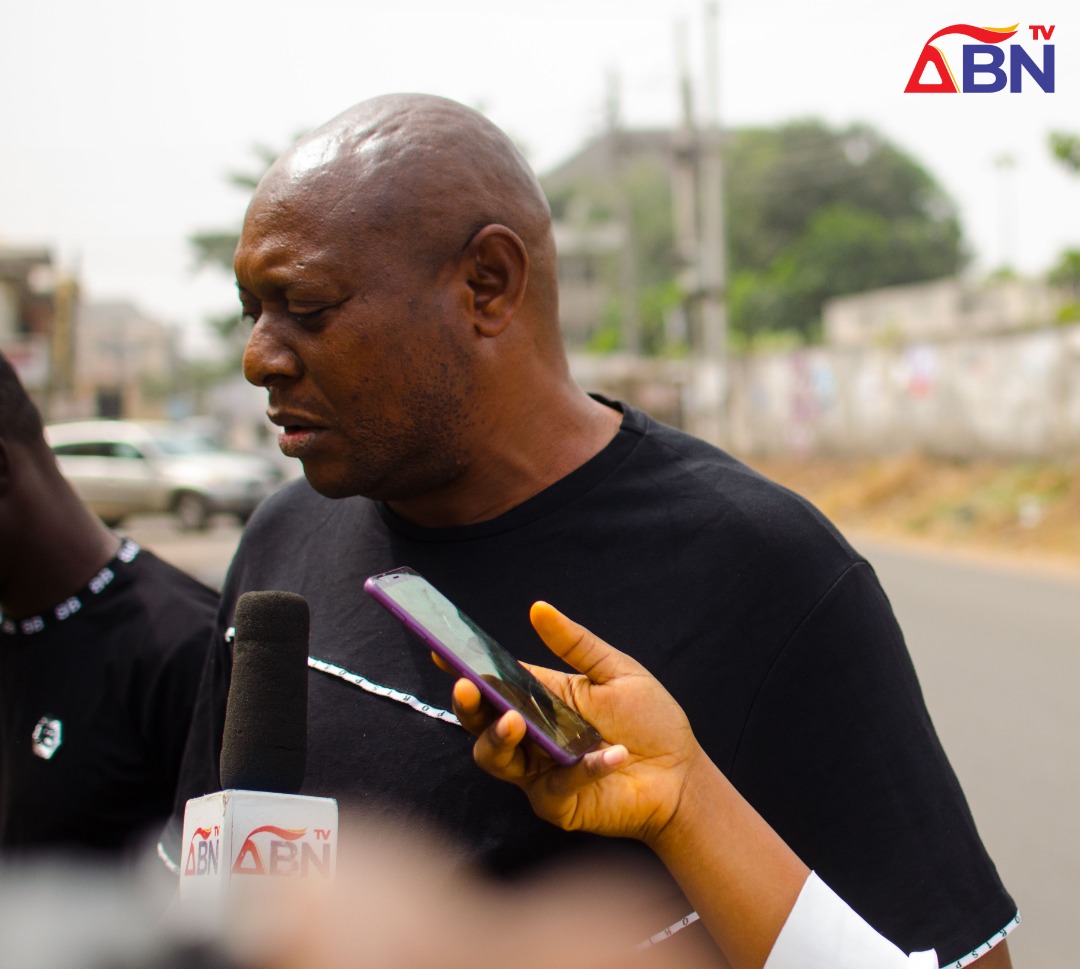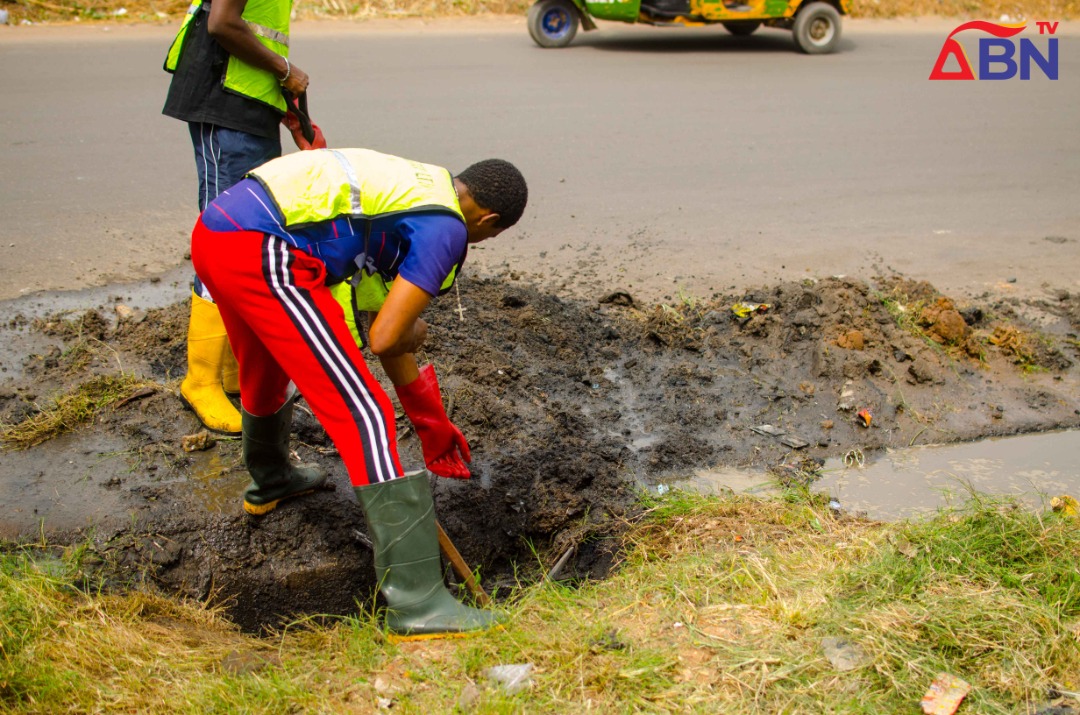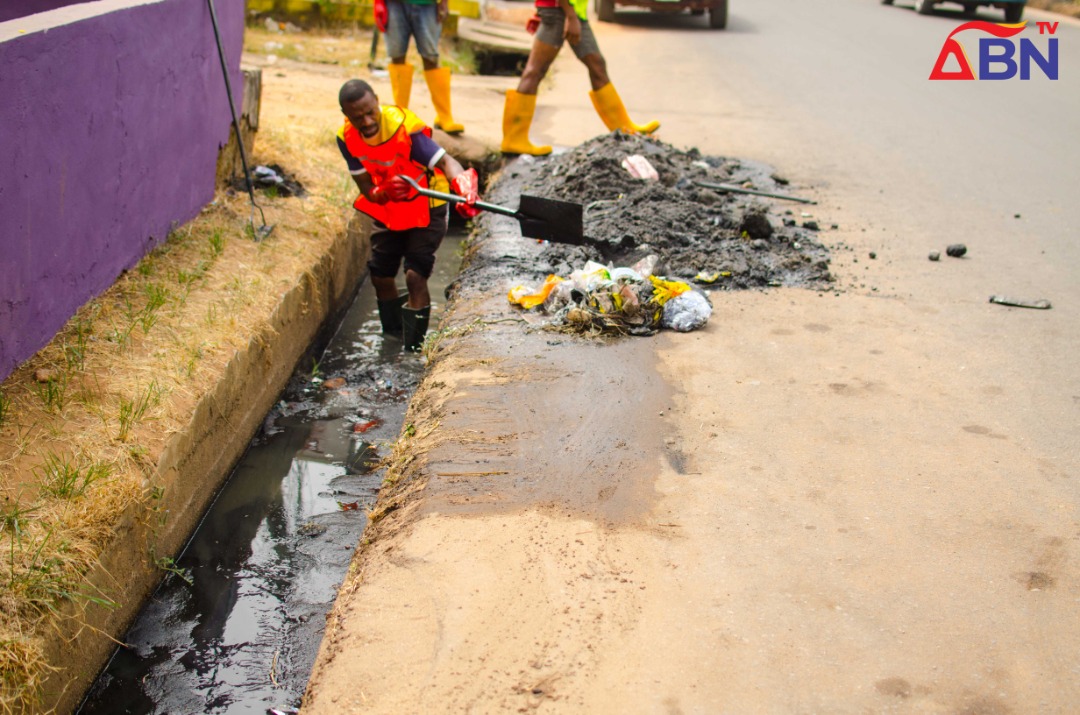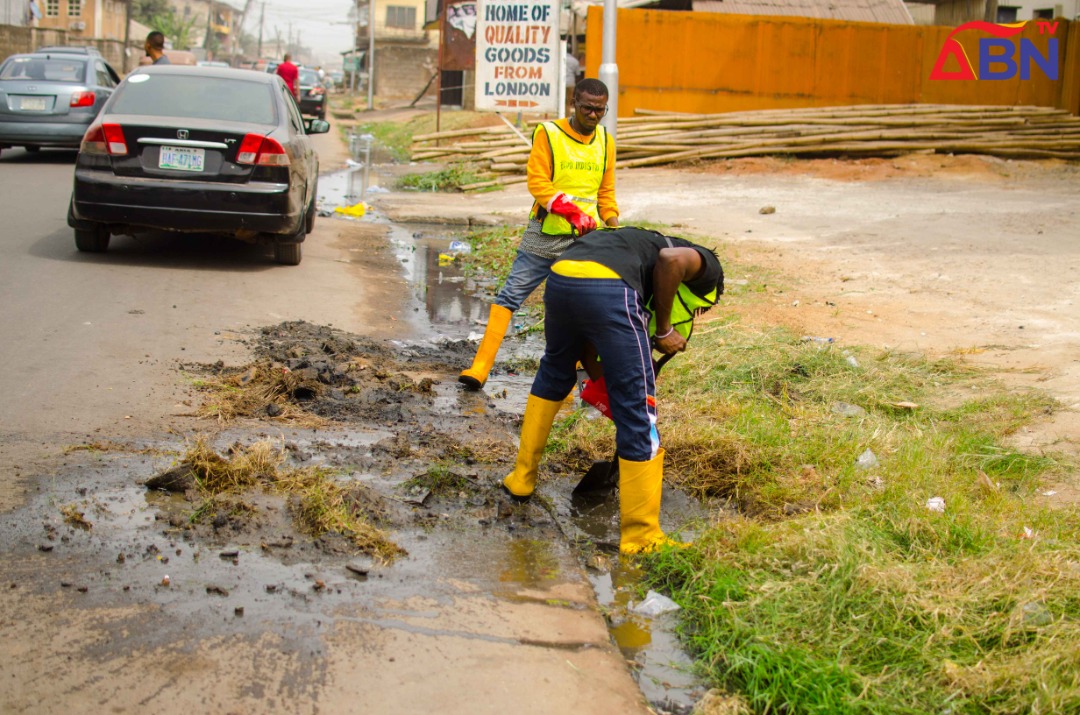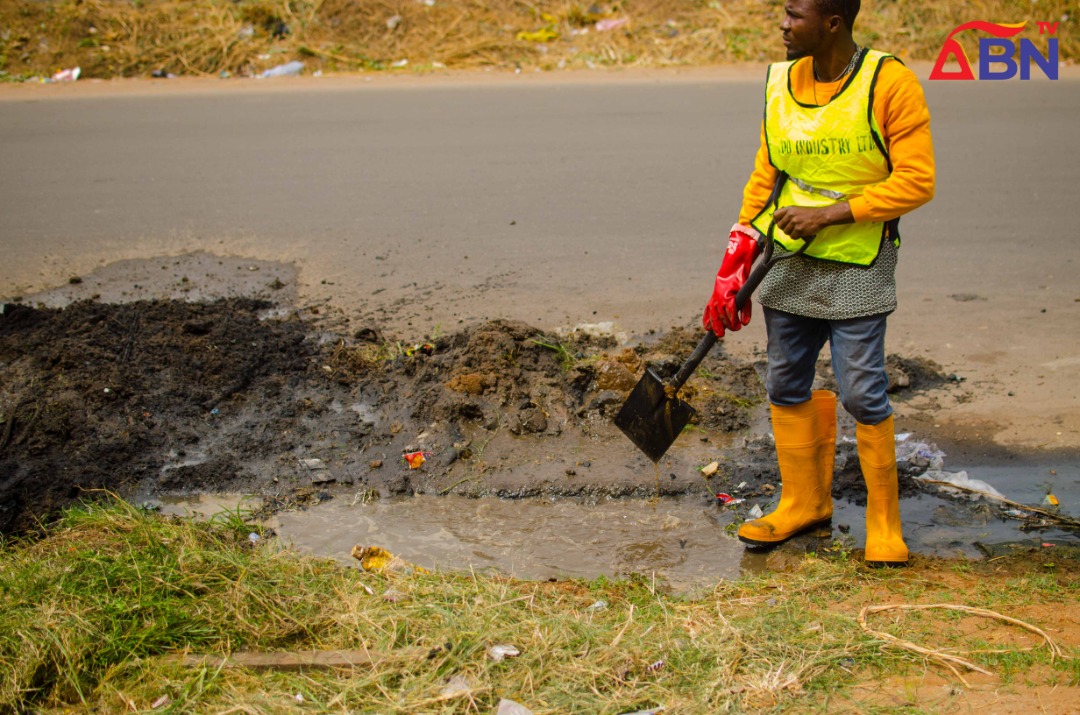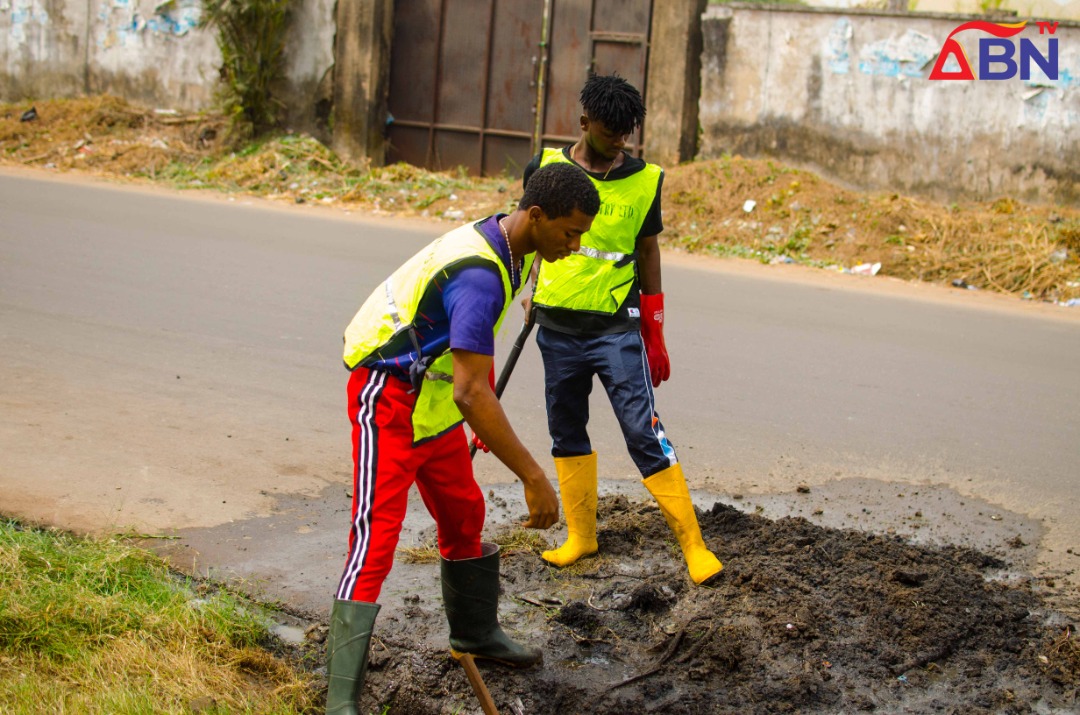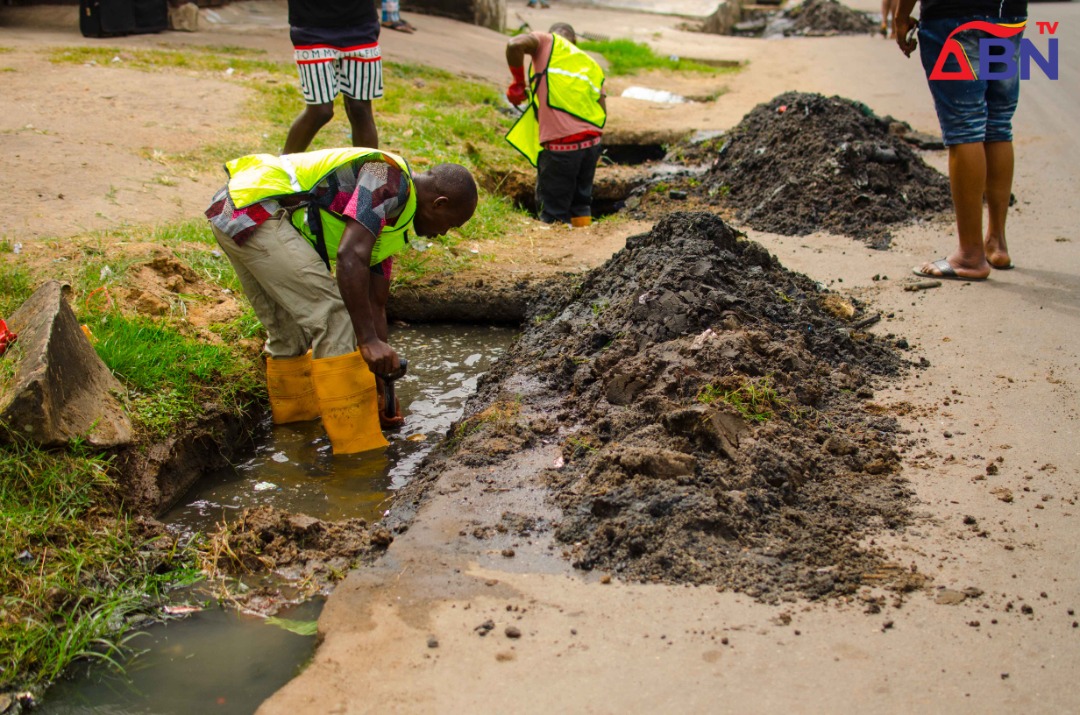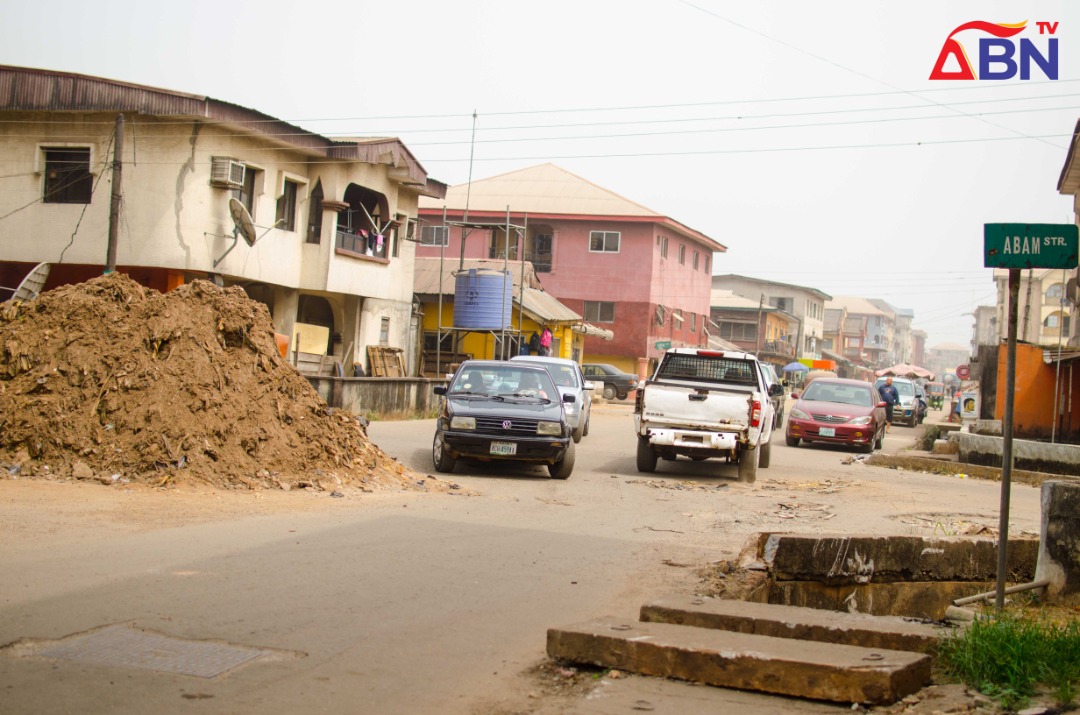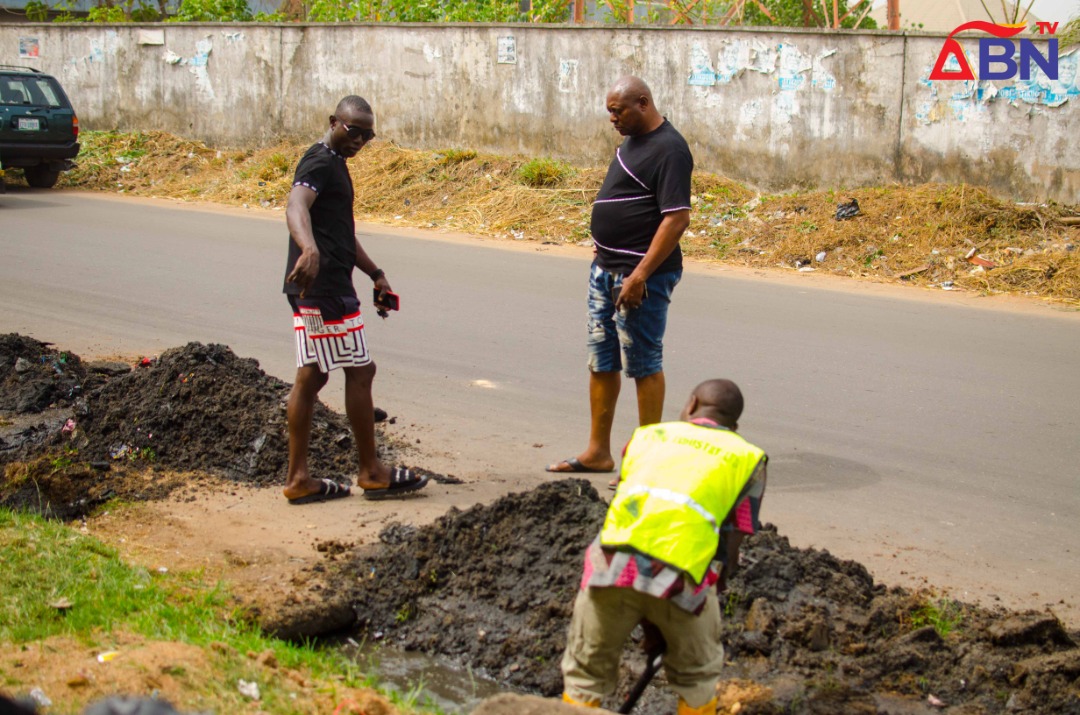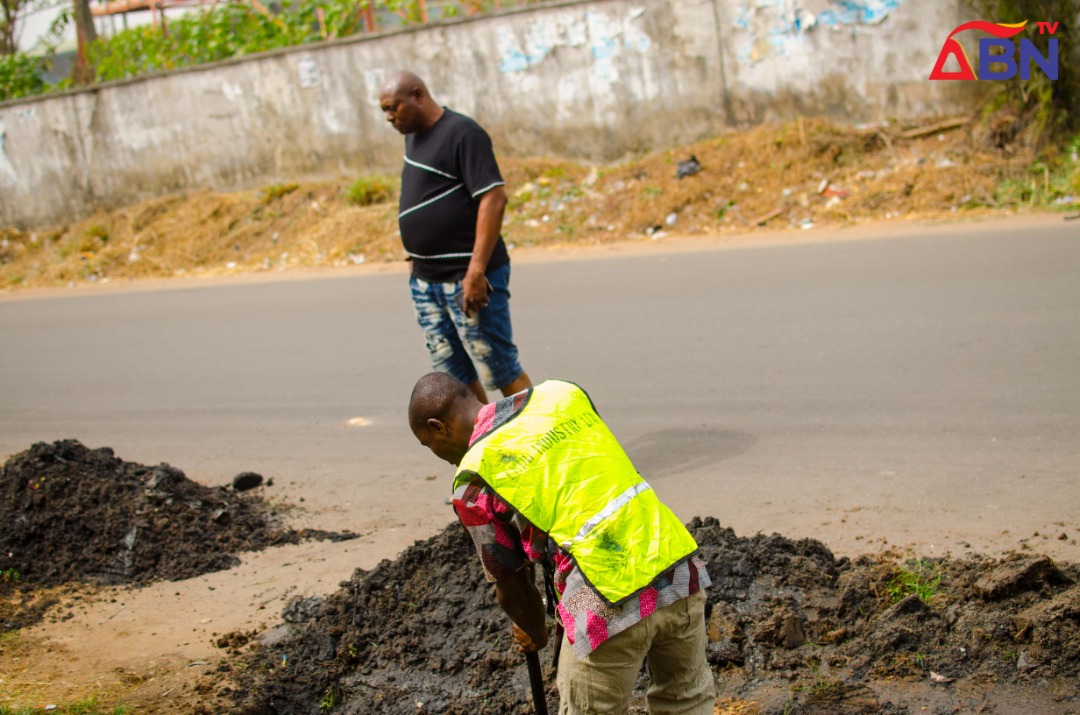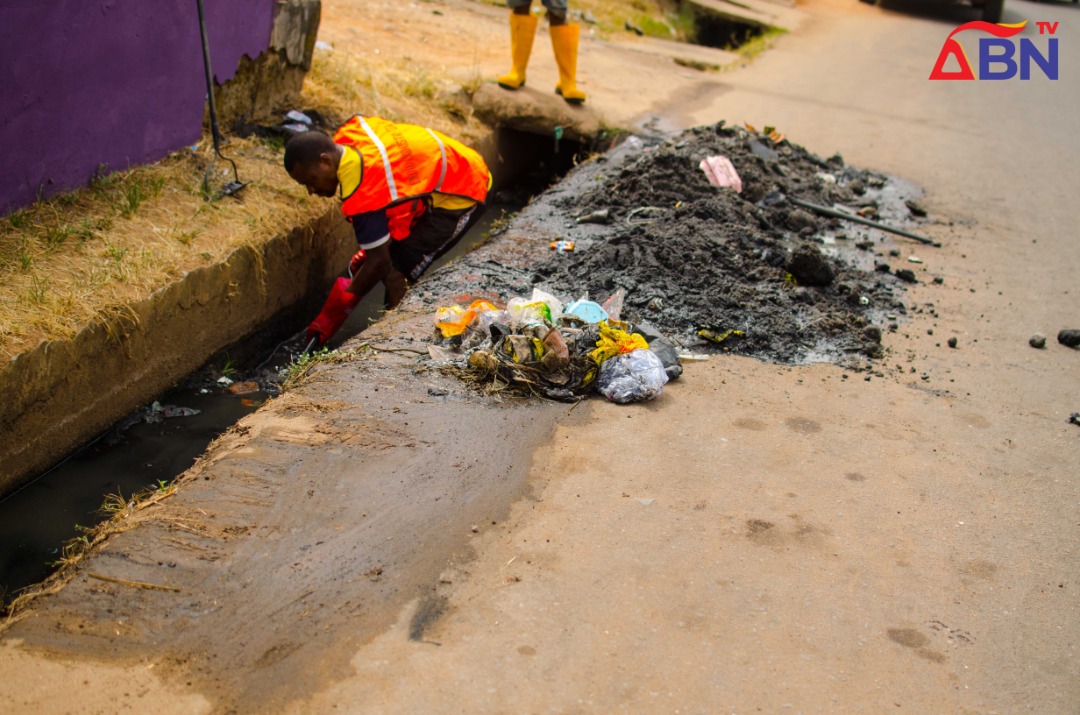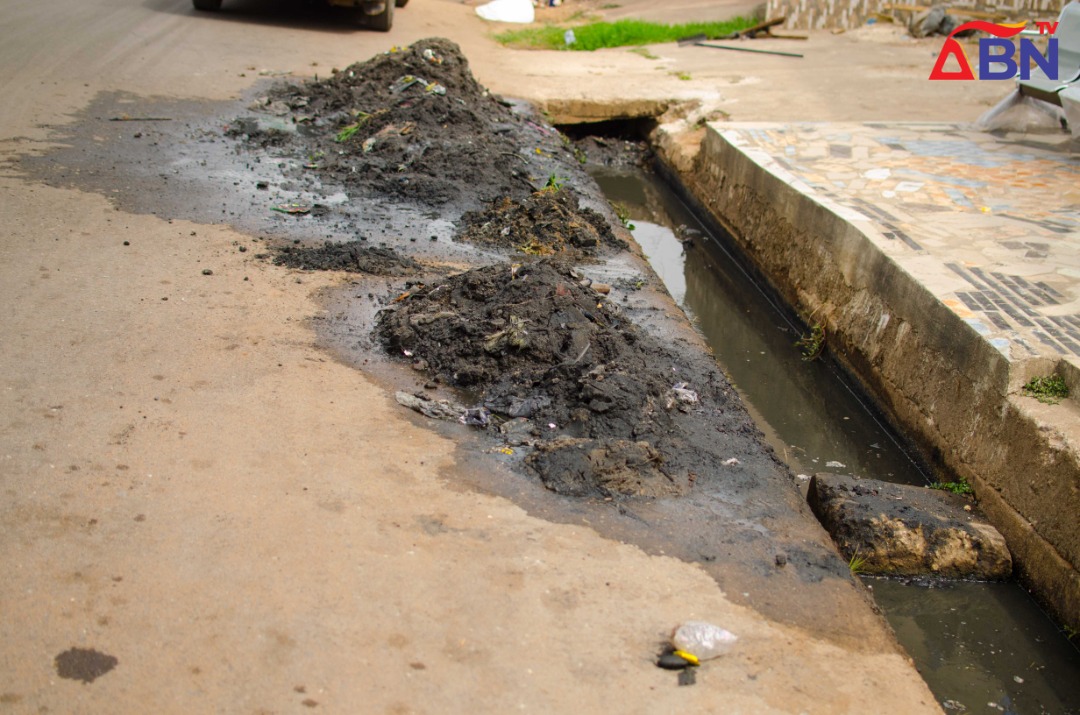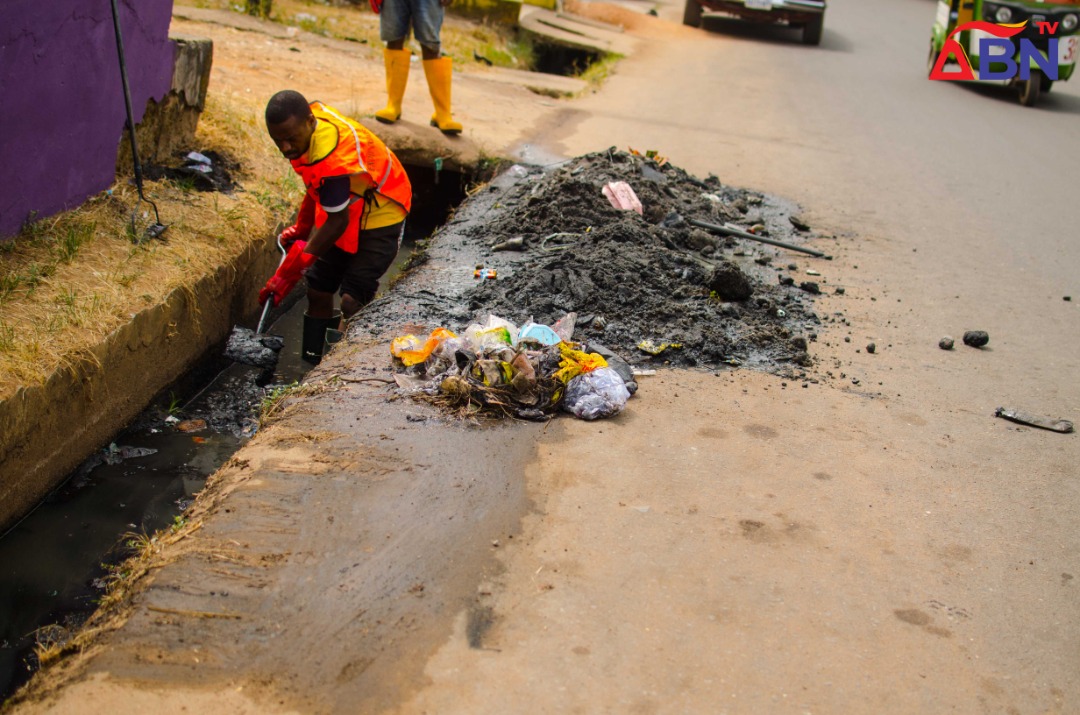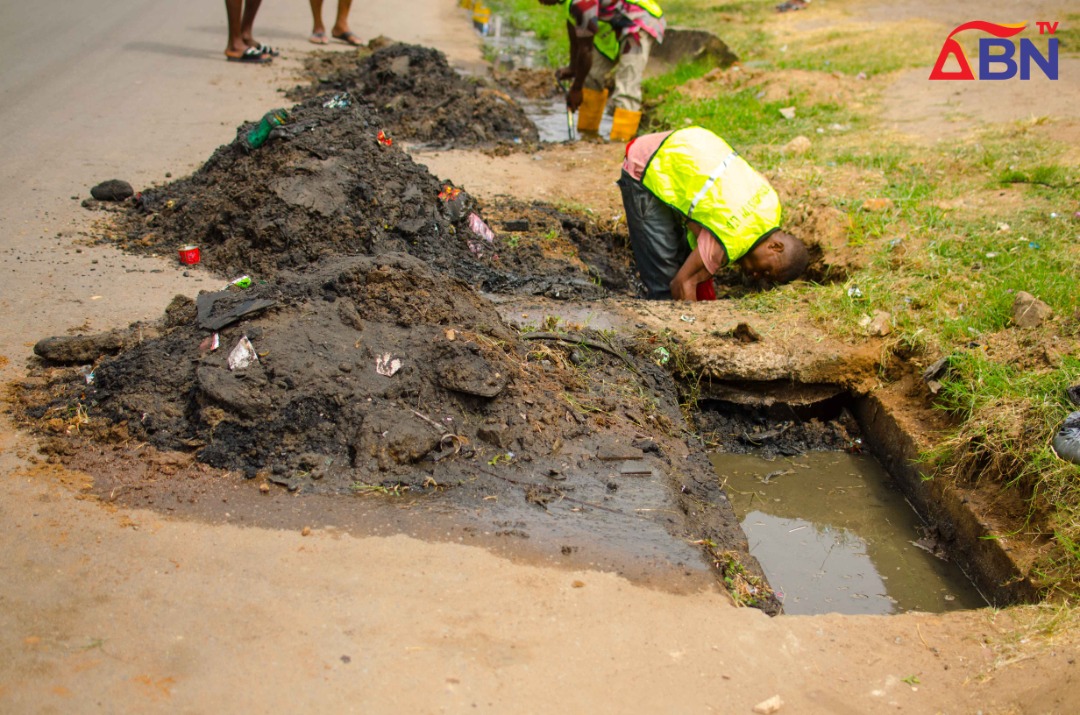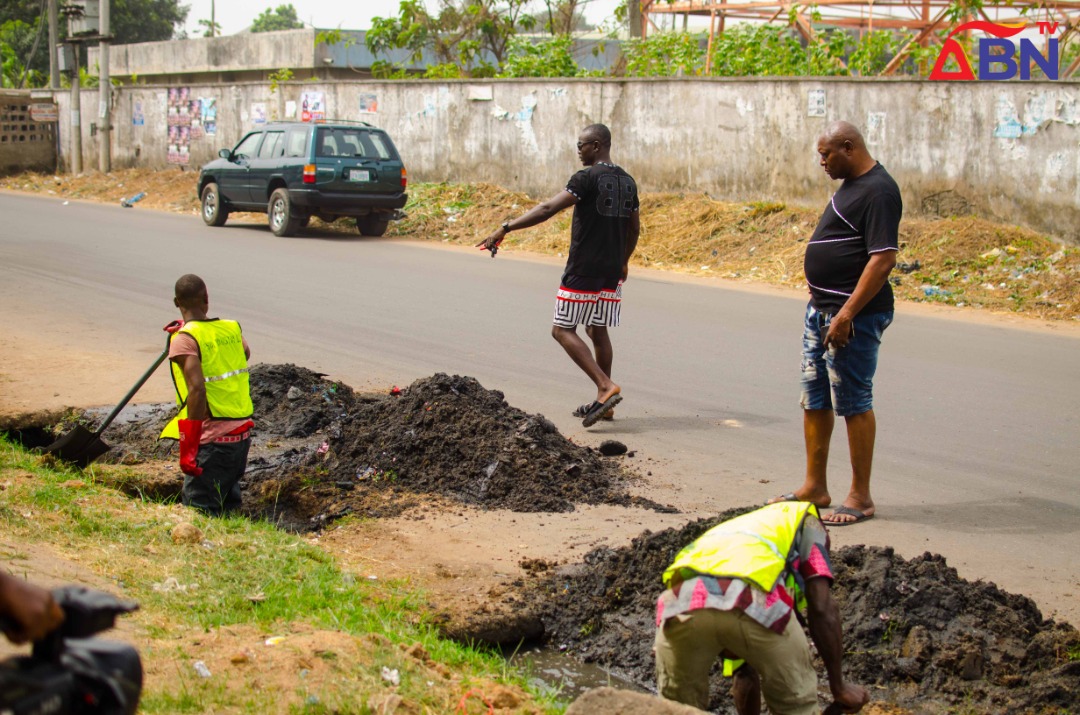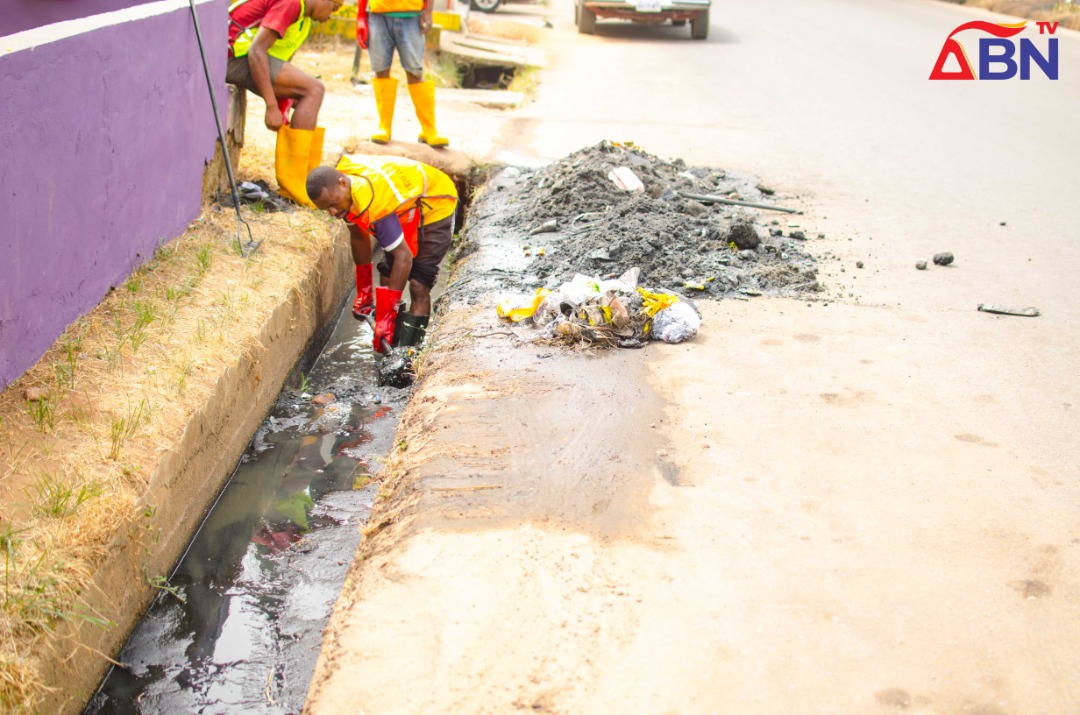After 40 years blockage, Endo Industries Ltd set to clear Umuahia drainage, tunnel
A facility management company, Endo Industries Limited has been awarded the contract of clearing drainages in Umuahia metropolis by the Abia State governor, Dr. Okezie Ikpeazu.
This is even as the state owned agency, Abia State Environmental Protection Agency (ASEPA) has failed in meeting the mandate of making the major cities in the state clean with urban outlook.
Speaking with ABN TV on Wednesday, the CEO of Endo Industries Limited, Chief Eme Ndubuisi said that the job given to him by the state government has nothing to do with ASEPA, insisting that he won the contract bid to clear Umuahia drainages.
He also commended the governor for doing lot of jobs in various parts of the city, adding that Finbarrs road is currently receiving attention as a result of the effect of flood that affected it during last year rainy season.
He emphasized that his workers have been busy since January to clean up the whole place in Umuahia, so mosquito will no longer bite them and will not have any other flooding issue in Umuahia metropolis.
Chief Ndubuisi said, every blocked drainage will be cleared and unblocked [put it back to normal.]He said one of the area worked on is Abam Street by Ibeku road where heap of sand were removed from the drainage and the residents are so happy because almost all their properties were destroyed during the rainy season last year. Chief Ndubuisi said, they are working tirelessly to put everything in order.
He requested on behalf of the people of Umuahia about St Stephen primary school where there is a big tunnel that was built before the war and after the war, when Sam Mbakwe was in charge of constructing the road, major drainages were connected to that place and now it is blocked. The tunnel leads from St Stephen primary school to ceramics.
In 1985, the people who were in charge thought they’ve finish everything about the servicing of the tunnels, they killed about four [4] crocodiles and three [3] pythons. He said the tunnel he said the tunnel has been blocked for 40 years and the good people of Umuahia are pleading that he use his good office to get contract of clearing the tunnel, he further said that it takes braveness to work.
Chief Eme Ndubuisi along with his workers have been working since January to clean up the whole place to unblock the drainages in Umuahia to free the residents from mosquito infection and flooding which eventually leads to loss of properties.
